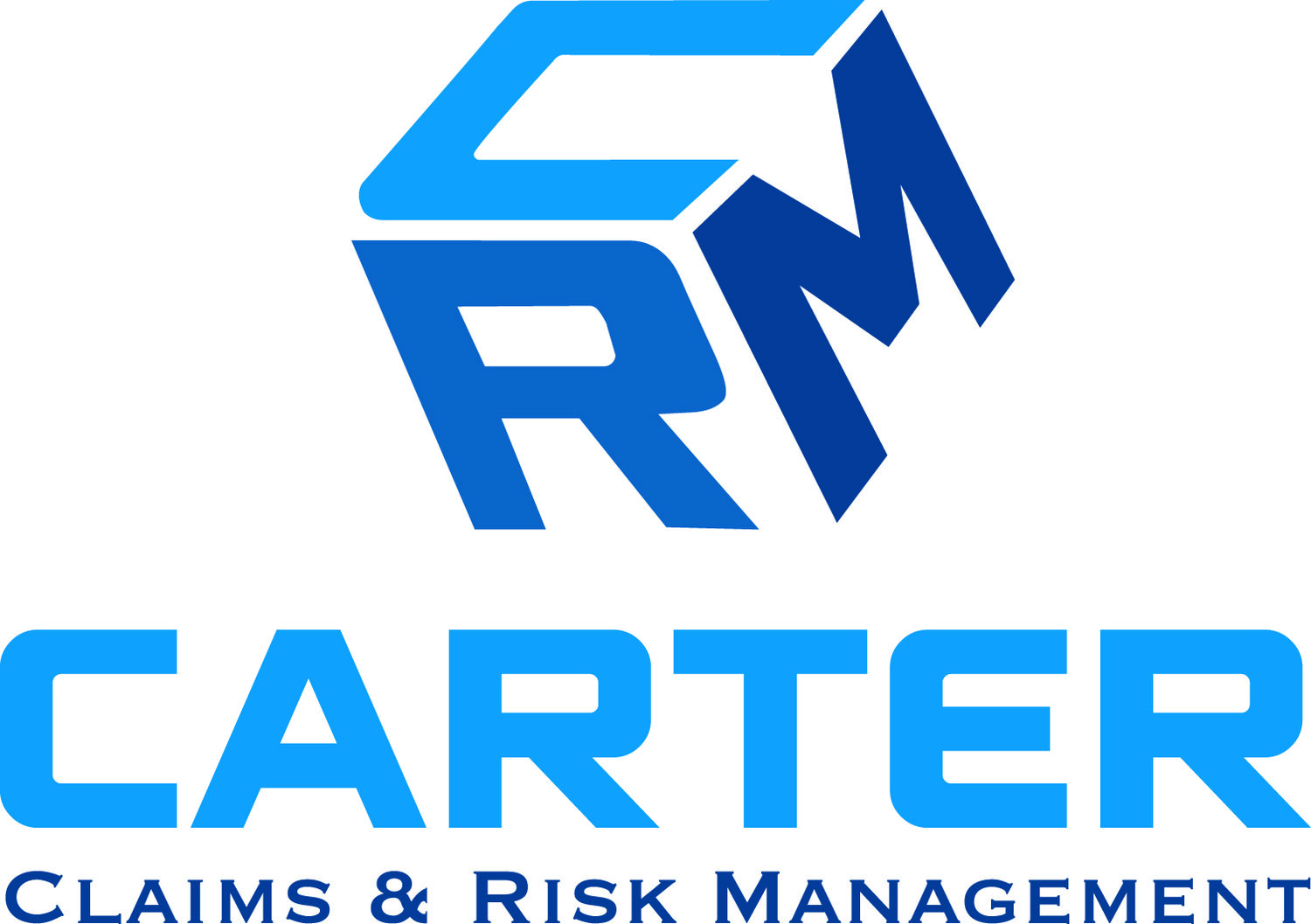KEY TIPS TO PREVENT MANUAL HANDLING INJURIES AT WORK
Employers must:
avoid the need for employees to undertake manual handling which involves a risk of them being injured as much as possible
where avoidance is not practicable, carry out a manual handling risk assessment prior to any manual handling tasks
provide training and information, including the weight of the load and its heaviest side if its centre of gravity is not centrally positioned, and the equipment and techniques to be used when carrying out a manual handling task
assess the layout, structure, or nature of the work and the individual capability of staff to reduce manual handling risks
retain reports on any previous notifiable manual handling incidents and accidents
give equal consideration to those working away from the employer’s premises.
Employees have a responsibility to use the information and resources given to them. There are some simple steps that can be taken before and during moving a load:
plan the lift and carefully consider whether additional lifting aids are needed. A manual handling risk assessment may also be required at this stage
reduce the distance of the lift where possible
map out your route and remove any objects that may cause an obstruction
wear suitable clothing that wouldn’t obstruct the lift
ensure you have a good grip on the load whether lifting, pushing or pulling
ensure the person handling the load has completed adequate training
know your limits and be confident to ask for help if needed.
To safely lift a load:
place feet hip-width apart with one foot slightly in front of each other
moderate flexion on the back, hips and knees
grasp the load firmly
use the leg muscles to lift the load into a standing position.
Whilst holding the load it is important to remember to:
keep the back straight, avoid twisting or bending
carry loads with straight arms
keep the head up and face straight ahead while handling a load
keep the load hugged in close to the body while moving.
Taken of IOSH monthly Magazine .

